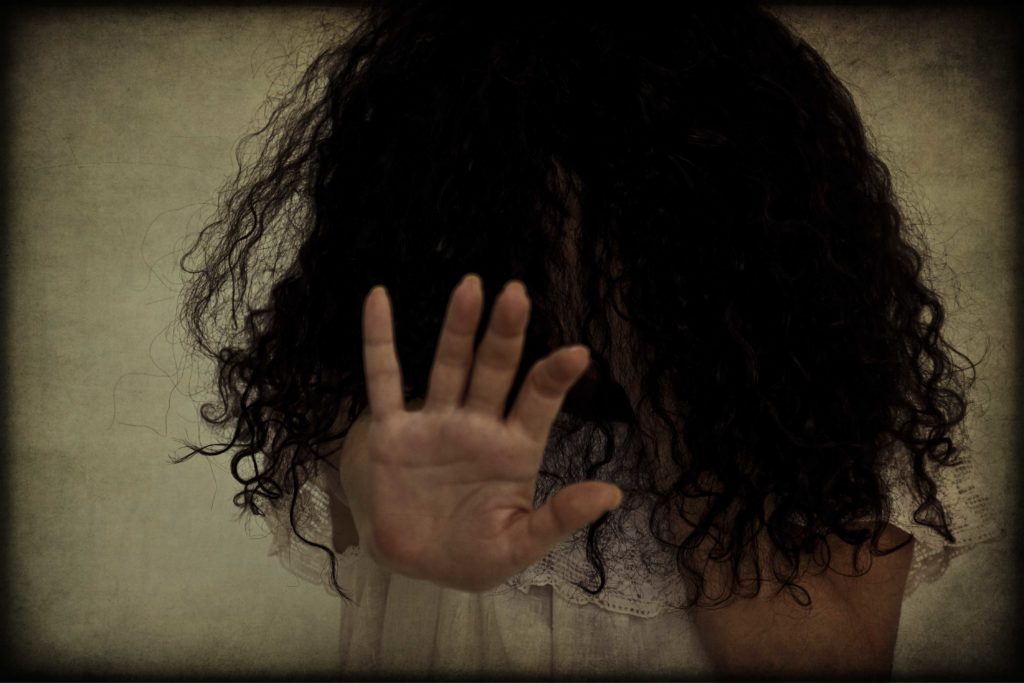Last week, we wrote about the definitions of sexual assault and rape, especially as it relates to activities on college campuses. We also listed helpful tips for both men and women to be able to spot – or hopefully even stop – an assault.
For the full article, visit here.
This week, we take a look at safety tips to help you be aware of your surroundings, thus reducing the risk of a sexual assault. We also share helpful thoughts on what to do if you are sexually assaulted, and where to go for help.
The information shared here could save you – or a friend – the trauma of being sexually assaulted. Share them with everyone you know!
Safety Tips
General campus safety is also very important, and it extends into basic things like walking to class, and to your car. Whether it’s during the day, or late at night, it’s important to be alert and aware of your surroundings at all times. Be proactive so that you don’t make yourself an easy target. Travel in numbers. Walk with confidence. Plan your routes in advance. Stay alert.
The following safety tips were taken in part from an article located on the Kansas State University website. Full article found here.
* Walk with a friend you know well, especially at night
* Learn the location of campus safety phones
* If available on your college campus, call for a campus escort
* Watch your body language: Look confident and look people in the eye
* If your instincts tell you something’s wrong, trust them – and get away
* Cross the street if you see a suspicious person coming toward you
* If you’re being followed, head for a public place and ask for help
* Stay alert. Don’t talk on your cell phone, text, or listen to music, when walking by yourself or on your way to your car
* Stick to well-lit and well-traveled sidewalks
* Don’t take shortcuts through parking lots, alleys, or wooded areas.
* Hold your keys in your fist as you walk to your vehicle
* Check to see that no one is in the back seat of your car.
* Never leave your car unlocked, even for the few minutes it may take you to return a movie, buy milk, and so forth. Attackers may lie in wait for such an opportunity.
What to do if you’re sexually assaulted
* Get to a safe place for your protection
* Get medical attention immediately. The primary purpose of medical examinations is to check for physical injury, the presence of sexually transmitted diseases or pregnancy as a result of the assault. The secondary purpose of the medical examination is to aid in the police investigation and legal proceedings.
* Don’t bathe or douche. Bathing or douching might be the first thing you want to do. This would literally be washing away valuable evidence. Wait until you have a medical examination.
* Save your clothing. It is all right to change clothes, but save what you were wearing. Place each item of clothing in a separate paper bag and save for the police. Your clothing could be used as evidence for prosecution.
* Report the incident to the police. It is up to you, but reporting is not the same thing as prosecution. Prosecution can be determined later.
* Contact your victim support resources. If you are a victim of sexual assault, please secure medical attention and supporting agencies even if you decided not to contact the police.
Where to go for help
Talk to a professional counselor to get the emotional help that you need due to the trauma. Many sexual assault cases go unreported because the victim fears retaliation or possible humiliation if word gets around she/he has been the victim of a sex offense. Victims tend to feel guilty as though they did something to bring it on themselves and often keep the incident to themselves or share some of the incident with a close friend. While this might be helpful in the immediate sense, we encourage you to talk to a knowledgeable counselor about your reactions to being victimized. The services that are provided both on and off campus are available to all victims of violent acts and are designed to assist in overcoming the trauma of the attack.
Decide NO and take action NOW.
You have a right to be safe. Communicate your concerns to a friend or parent or contact your local campus police, college officials, or counselors.
Be an active bystander if someone you KNOW is being sexually abused.
* Help the victim by encouraging them to get help and let them know you will help them
* Safely intervene to point out unacceptable behavior
* Ask a college official for help. You can make a positive difference in someone’s life.
* Encourage the victim to contact counselors for emotional assistance and guidance.
* Encourage the victim to go to the police for safety and help
The above information was taken from Johnson County Community College’s website located here.

